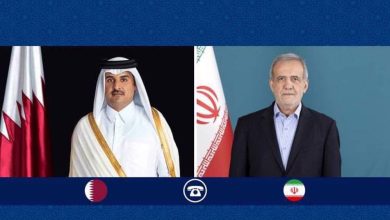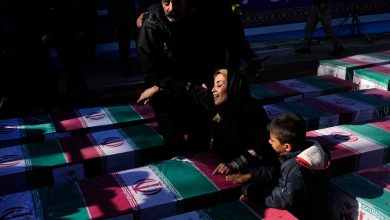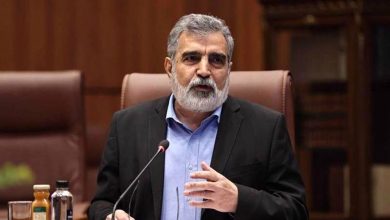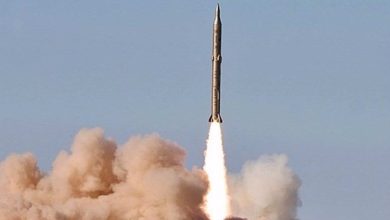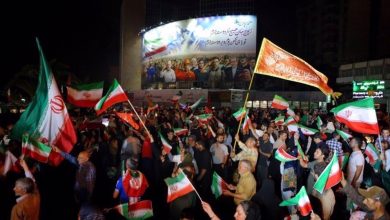Iran FM announces plans to issue a response to a letter from Trump
Iran's Foreign Minister, Abbas Araghchi, announced that the Islamic Republic is preparing to issue a formal response to a letter from US President Donald Trump. This response will be communicated through designated diplomatic channels in the coming days.
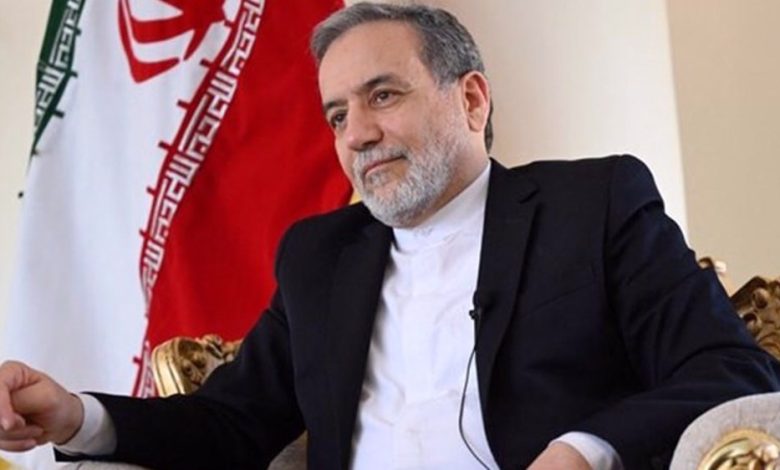
In a live broadcast on Thursday on IRIB Channel 2, Araghchi delivered his remarks.
Araghchi highlighted that the current development is accompanied by a diplomatic initiative from the United States, which has involved both the dispatching of a letter and a formal request to engage in negotiations.
The official emphasized the clarity of the Islamic Republic’s stance, asserting that the nation will not participate in direct negotiations if faced with pressure, threats, or the imposition of additional sanctions.
Araghchi emphasized the necessity for negotiations to be conducted on an even playing field and under equitable conditions.
The foreign minister characterized the letter as predominantly “threatening” in nature, although it also alludes to potential opportunities.
According to the foreign minister, the Islamic Republic will consider all aspects and implications of the letter in crafting its response.
He stated that they have conducted a comprehensive examination of the letter, meticulously considering every detail.
Araghchi emphasized the dual nature of regional challenges, quoting Iranian anti-terror commander Lieutenant General Qassem Soleimani. “In every threat, there exists an opportunity,” Araghchi stated, highlighting the potential benefits within adversities.
In early March, Trump announced that he had authored a correspondence addressed to Ayatollah Sayyed Ali Khamenei, the Supreme Leader of the Islamic Revolution.
Later this February, during a meeting with Air Force personnel in Tehran, Ayatollah Khamenei remarked that historical evidence suggests negotiations with the United States have little impact on resolving Iran’s issues.
In the wake of the United States imposing its initial round of sanctions following Trump’s directive to reinstate his “maximum pressure” campaign on Iran, his comments emerged just hours later.
“The Leader emphasized that while some individuals believe that sitting at the negotiating table might resolve certain issues, it is crucial to recognize that engaging in negotiations with the United States will not influence the resolution of the nation’s challenges.”
He referenced the events of 2015 when Iran and six other nations, among them the United States, reached an agreement on the Joint Comprehensive Plan of Action (JCPOA) after protracted negotiations spanning two years. This accord was later nullified by Trump in 2018.
In a recent statement, Iranian President Masoud Pezeshkian reaffirmed that Tehran remains open to dialogue but underscored the Islamic Republic’s firm stance against succumbing to coercion by major powers. He emphasized that Iran will abstain from participating in any negotiations carried out under pressure.
In May 2018, U.S. President Donald Trump withdrew the United States from the Joint Comprehensive Plan of Action (JCPOA), the multilateral agreement established in 2015 between Iran and the P5+1 group of nations, comprising the five permanent members of the United Nations Security Council alongside Germany.
The agreement, endorsed by the United Nations Security Council, mandated Iran to reduce certain nuclear activities as a condition for the removal of sanctions, predominantly those enforced by the United States.
Trump subsequently enacted stringent economic sanctions on Tehran, despite Iran’s compliance with the accord. Iran continued to honor its commitments for an additional year following the United States’ decision to exit the agreement.

